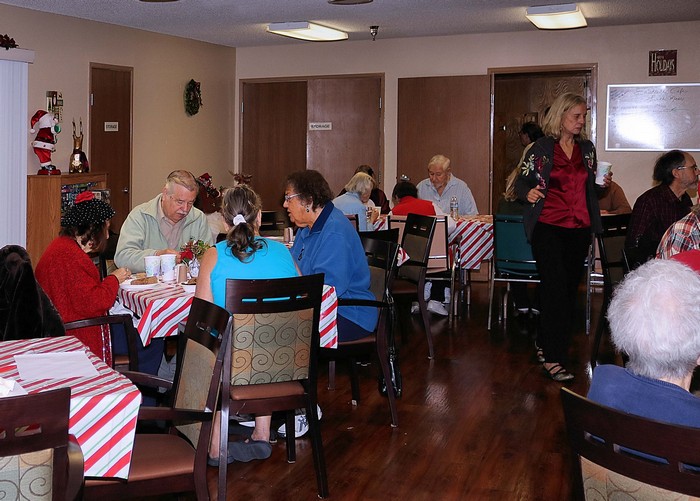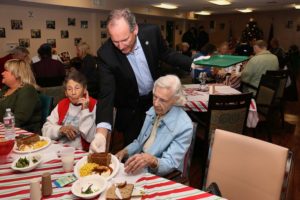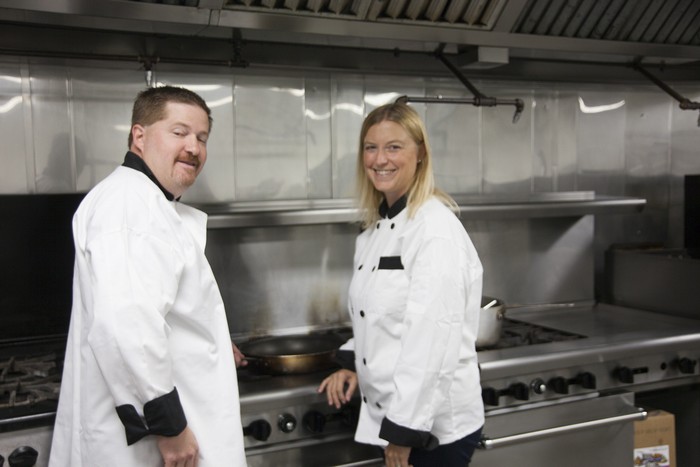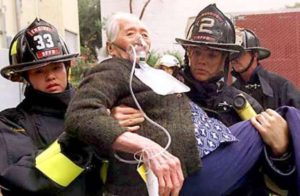by Cate Kortzeborn -Medicare’s acting regional administrator for Arizona, California, Hawaii, Nevada, and the Pacific Territories.
When I talk to people with Medicare about planning for the end of their lives, the statistic that always strikes me is this:
If you ask people where they’d rather die – in a hospital or at home – 75 percent say at home and 25 percent say the hospital. But when you look at what actually happens, only 25 percent of people get to die at home, while 75 percent pass away in hospitals.
The only way you can ensure that your doctor understands your wishes is by talking about them. And now, Medicare will reimburse your doctor for that conversation.
This is called advance care planning. It’s designed to help people with Medicare learn about various options for end-of-life care; determine which types of care best fit their personal wishes; and share their wishes with their family, friends, and physicians.
One option you can discuss with your doctor is hospice care. Hospice is intended to help terminally-ill people live out their lives as comfortably as possible, usually in their own homes. Hospice doesn’t focus on curing disease and it’s not only for people with cancer.
Medicare’s hospice benefit covers your care, and you shouldn’t have to go outside of hospice to get care except in rare situations. Once you choose it, your hospice benefit should cover everything you need.
If you qualify for hospice care, you and your family will work with your hospice provider to set up a plan of care that meets your needs.
You and your family members are the most important part of your medical team. Your team can also include doctors, nurses or nurse practitioners, social workers, physical and occupational therapists, speech-language pathologists, hospice aides, homemakers, and volunteers.
A hospice nurse and doctor are on-call 24 hours a day, 7 days a week to give you and your family support and care when you need it. You can also include your regular doctor or a nurse practitioner on your medical team to supervise your care.
Medicare’s hospice benefit allows you and your family to stay together in the comfort of your home, unless you need care in an inpatient facility. If your hospice provider determines that you need inpatient care, the provider will make arrangements for your stay.
To find a hospice provider, talk to your doctor or call your state hospice organization. The National Hospice and Palliative Care Organization has a website that allows you to look up local providers based on your zip code, at www.nhpco.org/find-hospice.
You can get hospice care if you have Medicare Part A (hospital insurance) and you meet these conditions:
■ Your hospice doctor and your regular doctor (if you have one) certify that you’re terminally ill, with a life expectancy of 6 months or less;
■ You accept palliative care (for comfort) instead of care to cure your illness;
■ You sign a statement choosing hospice care instead of other Medicare-covered treatments for your terminal illness and related conditions.
You have the right to stop hospice at any time. If you do so, you’ll go back to the type of Medicare coverage you had before you chose a hospice provider, like Original Medicare, a Medicare Advantage plan, or another type of Medicare health plan.
Depending on your illness and related conditions, the plan of care your hospice team creates can include doctor and nursing services; medical equipment (like wheelchairs and walkers); medical supplies (like bandages and catheters); prescription drugs; hospice aide and homemaker services; physical and occupational therapy; speech-language pathology services; social worker services; dietary counseling; grief and loss counseling for you and your family; short-term inpatient care (for pain and symptom management); and any other Medicare-covered services needed to manage your terminal illness and related conditions, as recommended by your hospice team.
For more information on Medicare’s hospice benefit, including costs, please go to: https://www.medicare.gov/Pubs/pdf/02154.pdf.
You can always get answers to your Medicare questions by calling 1-800-MEDICARE (1-800-633-4227).
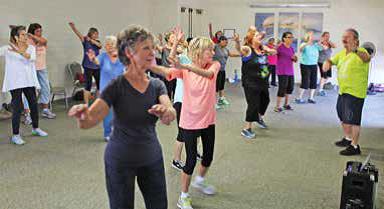 Curious about taking a Zumba Gold class? Marty Miller, a licensed Zumba Gold instructor, along with the City of Ventura Parks and Recreation is offering a free Zumba Gold series at the Ventura Avenue Adult Center from 12:00-1:00pm every Monday and Wednesday January 4-19, .
Curious about taking a Zumba Gold class? Marty Miller, a licensed Zumba Gold instructor, along with the City of Ventura Parks and Recreation is offering a free Zumba Gold series at the Ventura Avenue Adult Center from 12:00-1:00pm every Monday and Wednesday January 4-19, .
